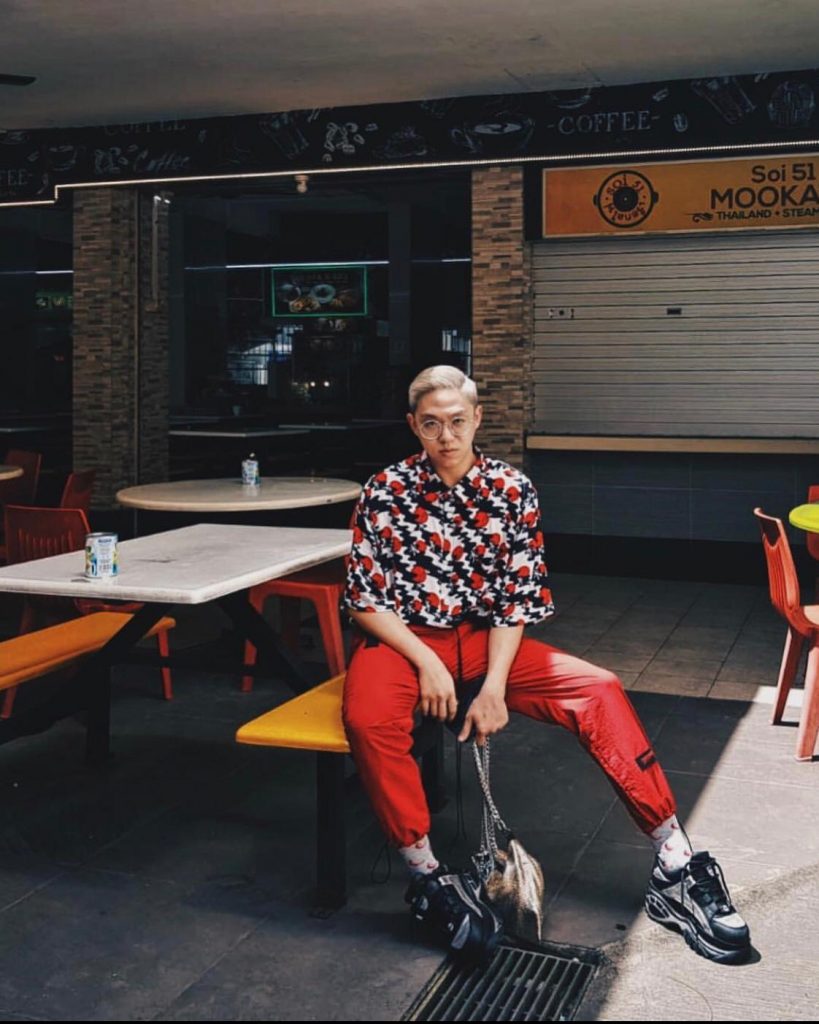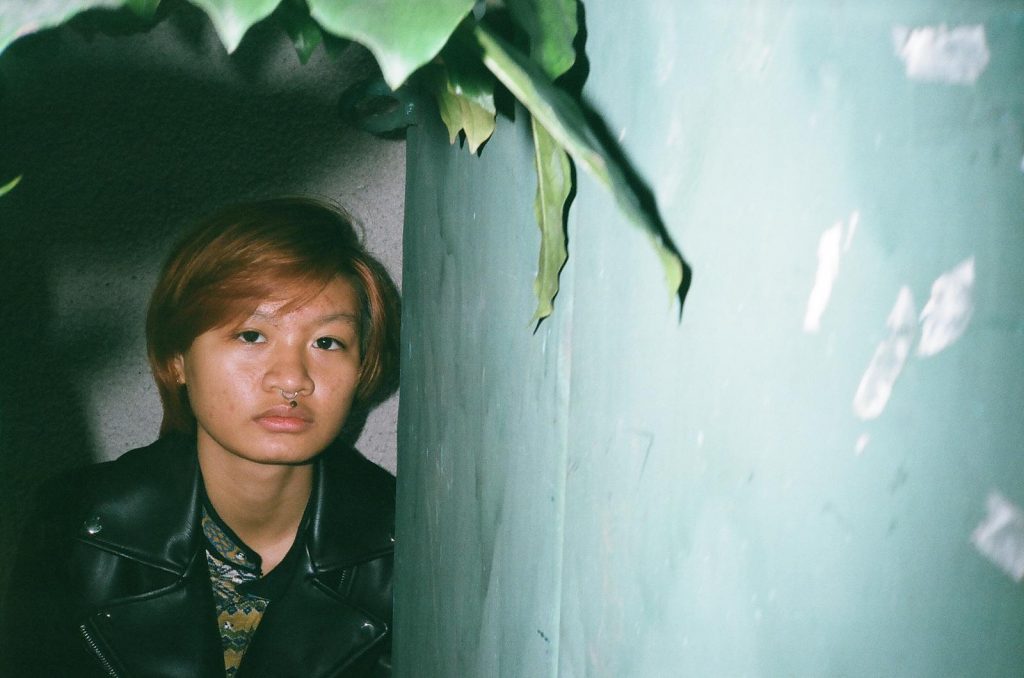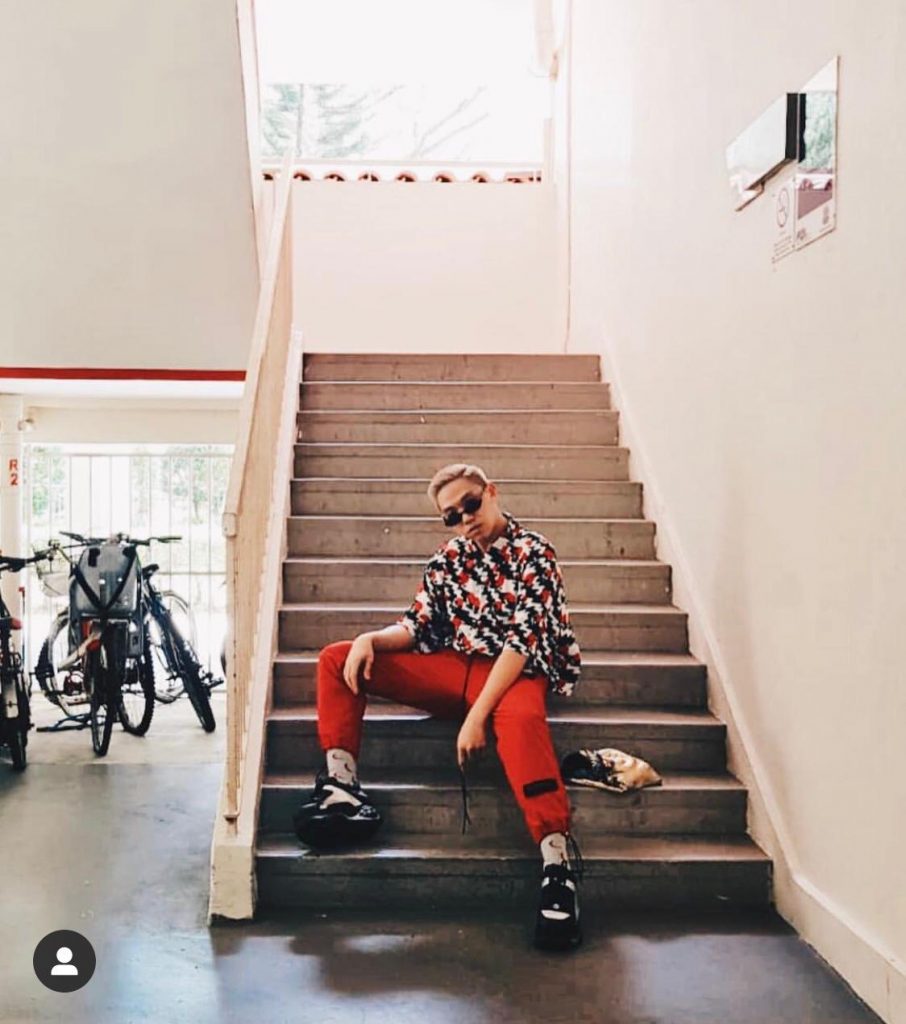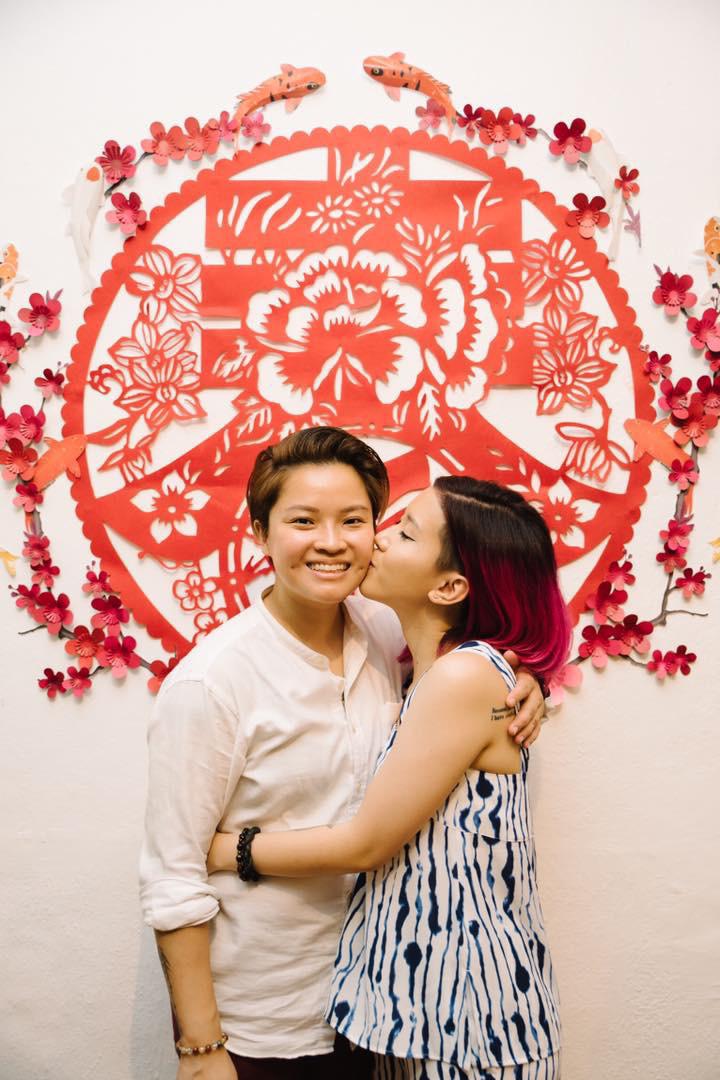“For the past [few] years, I have been escaping Chinese New Year by travelling.”
In recent years, James, a 29-year-old creative, has stopped showing up for the festivities.
“Growing up, it was fun to visit each other’s families. But as you grow up, families grow apart,” he shares.
As Chinese New Year is around the corner, families across the globe are cooking, cleaning, and preparing ang baos for family reunions. But for some, excitement for the holidays comes with anxiety and dread.
“How will you get a boyfriend looking like that?” Aliy, a 16-year-old trans-male, is asked all the time.
As comments like these pile up, the festive season starts to feel like one giant awkward moment.
When Ching, a 37-year-old Phd candidate, was a child, celebrating the Lunar New Year was a big deal: “Chinese New Year was massive for my dad and it meant a lot to me. He had 13 siblings, so we had over 300 relatives—so the best part was receiving ang baos.”
As a teenager, things changed. “A lot of young relatives started bringing their boyfriends and girlfriends for visits. I didn’t want to disappoint my parents, so I had to pretend I was not interested in boys when people asked me why I was single. It was a constant reminder that I couldn’t bring my other half with me.”
But no two stories are the same, and some queer kids have found comfort in their family celebrations. “They are still chill,” says Gabi G, a 29-year-old stylist, about his family celebrations.
“Most of my uncles and aunties know about my sexuality because I’m out to my cousins, so no one really brings it up anymore.”
But whether you are still finding yourself, are completely out, or just don’t give a shit, here are the relatable awkward queer moments from Chinese New Year festivities (that you don’t nececassrily need to be queer to relate to):
Dodging The Awkward Questions
We’ve all been there. You are sitting around enjoying the food, and that moment you have been dreading arrives. Your uncle turns to you and asks that question about why you are still single. And of course, everyone goes silent.
It was just a matter of time until someone asked.
Face-palm. Time to pull out that go-to line that has been in hibernation for a year.
Personally, I just say I haven’t found the right fish in the pond—without mentioning what gender said potential fish is. Which is pretty true irrespective, considering how dating in 2020 has been reduced to boring dating apps.
For Gabi, it’s usually his grandma that pops the golden question. “When are you going to bring your girlfriend?” she’ll ask.
“When she asks that, I’m just thinking, isn’t it kinda obvious that I’m gay?”
But what he says is: “‘Oh, I’m just focusing on my work right now.” Which is true: “I am literally focusing on my work a lot.”
“It’s funny though because my cousins told me that my grandma told them to ‘let Gabi live his life as he wants to.’ So I think she knows, and she only asks to pretend she doesn’t.”

As a trans-male, Aliy is far too familiar with this. He has learned to flat out say “because I like it that way,” or to make a joke out of it. “Using humour is always a nicer way to get people to stop talking to you about things that make you uncomfortable,” he said.
But the best, and worst, way to get family members off your back is to fake it entirely.
And I don’t mean a rent-a-date situation, although that would make for an interesting experiment. James would bring his close friends over to do the trick: “In the past, I would bring my girl best friends to join me for festivities. They were kind of my cover.”
“When asked if they were my girlfriend, I would leave them hanging, I wouldn’t confirm nor deny. It puts their mind at ease because they are a conservative and religious family.”
So one thing we all agree on is: why can’t discussion subjects not be centered around our love life or appearance?
“When family members just don’t mention anything about finding a girlfriend, that is a move in the right direction for me,” said Gabi.
“My family is very conservative, so the fact that they take an interest and ask about my work, which is fashion, is their way of supporting me being myself.”
The only thing worse than questions about your love life, is people who try to out you in front of other family members.
There was a moment from a family gathering that Ching will never forget.
“My older cousin asked me if I had a boyfriend, and I said no,” Ching recalls.
“I think she had an idea I was gay, and she said ‘you know what, you are definitely normal. You cannot be like those people who are abnormal, ok? There’s no excuse for someone like you. Your parents gave you a good life, those people come from broken families, they are broken people.”
“I froze because she knew, and she was outing me before I was ready. To hear your relative say that to you, someone you only meet once a year, was horrifying. I’ll never forget that.”
Ching had no one to help her out or stand up for her: “My mom just kept quiet because she suspected, and she was still homophobic at the time.”
But as painful as those moments can be, having someone there for you can make a huge difference.
At one of James’s family gatherings, a friend asked him if he was gay in front of all his family members. It left him stunned. Luckily, his cousin’s fiancée stood up and said: “People in the creative line are just expressive.”
“She covered for me. I think she knew.”

Getting ready for family gatherings is always a pull and tug. Should I be more traditional? Or casual? Should I buy new clothes? Oh wait—fast fashion kills our environment.
So you put Madonna’s Vogue on and get dirty scavenging your closet, and you are thinking about all the photos you are going to take until the realisation kicks in: you’re gonna have to tone down.
As James puts it: “There’s always a mask you need to wear. Not so much for your own protection but for the sake of your family.”
Unless you have reached a point where you “just don’t give a fuck anymore,” Gabi says.
“When I was younger I wouldn’t go as crazy with my hair, for example. But now I go as myself. I just don’t say anything because my parents don’t want me announcing anything officially. But I dress and behave the way I do with friends.
But depending on your sexuality, it can be harder. Aliy is out to his parents as queer, but not as trans, so he is still expected to appear somewhat feminine.
“Being visibly queer is a thing that has bothered my mom and dad. There’s an idea that you have to conform and be presentable for other family members,” he said.
Being half Malay and half Chinese, Aliy deals with this issue during both Hari Raya and Chinese New Year, so he opts to dress androgynously.
“As a child, you don’t really have a choice in expressing your identity. I was forced into a lot of Cheongsams. I was never taken seriously when I would say I didn’t want to wear feminine clothing.”
And living in the generation of social media doesn’t make things any easier. When his feed is filled with outfits of the day, Aliy is left out.
“Gender dysmorphia is a thing.” And after the holidays is when Aliy feels it most.
“I can’t post anything as it would feel really awkward. I don’t feel comfortable with what I’m wearing.”

Whether by flying off to Indonesia or by partying with their friends, queer individuals are taking back control of their holidays.
“If I wasn’t travelling I would go to the bars,” James says. “They are really open, and they get really festive too.”
Some others put in a bit more effort, and decide to host celebrations themselves.
“I don’t want to waste my entire holiday visiting people I don’t care about, making small talk with people who have nothing in common with me,” said Ching. “I just don’t see the point in that anymore.”
“The first day I’ll spend time with my mom and whichever relatives come over, and I’ll bring my fiancée. I’ll introduce her as my partner to younger relatives, but with the older relatives who might give my mom a hard time, probably not. The second and third day onwards I want friends to visit my place and spend it with my chosen family.”
“If I could tell the younger ones who are miserable during the holidays: it does get better. There is a light at the end of the tunnel. One day you will have your own place and you will get to do it on your own terms.”
Ching is finally able to bring her partner to her mom’s house, but that’s not an option for everyone. Not to say it will never be though; it’s definitely a slow process.
They might have to be that person who is always there, and no one really knows why … but also do kind of know why.
Or, as Gabi puts it, “You might have to start by introducing him as a friend to your parents.”
“Then eventually you ask if you can bring him to reunion dinner, and you just hope everyone gets it.”






